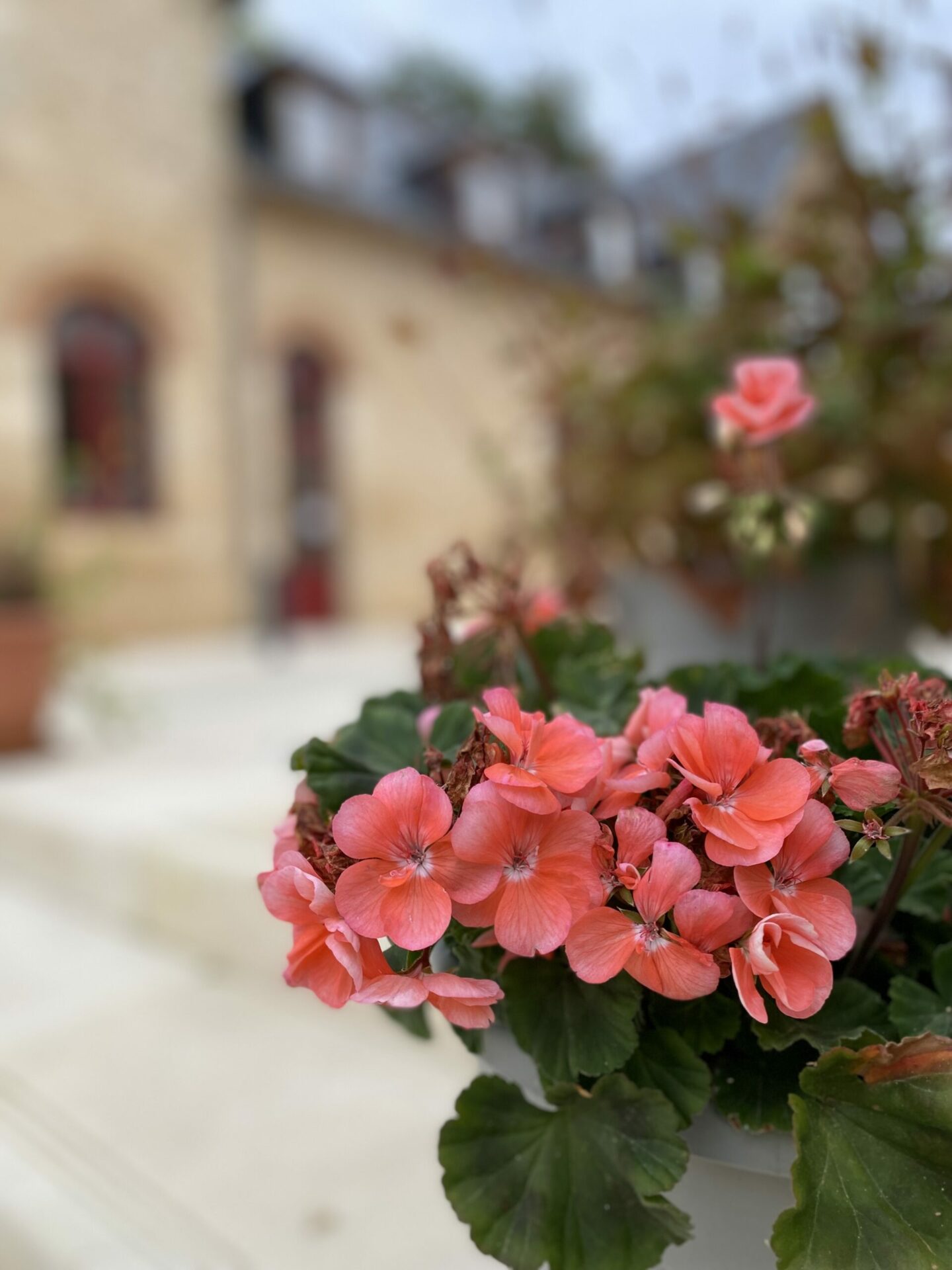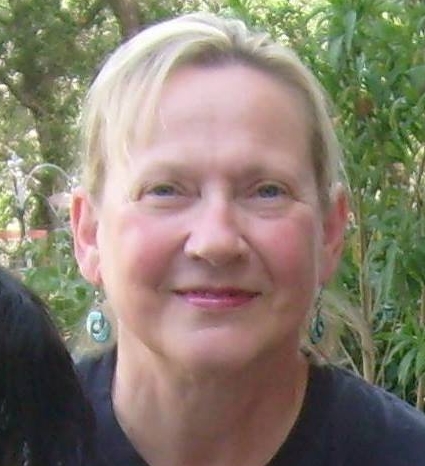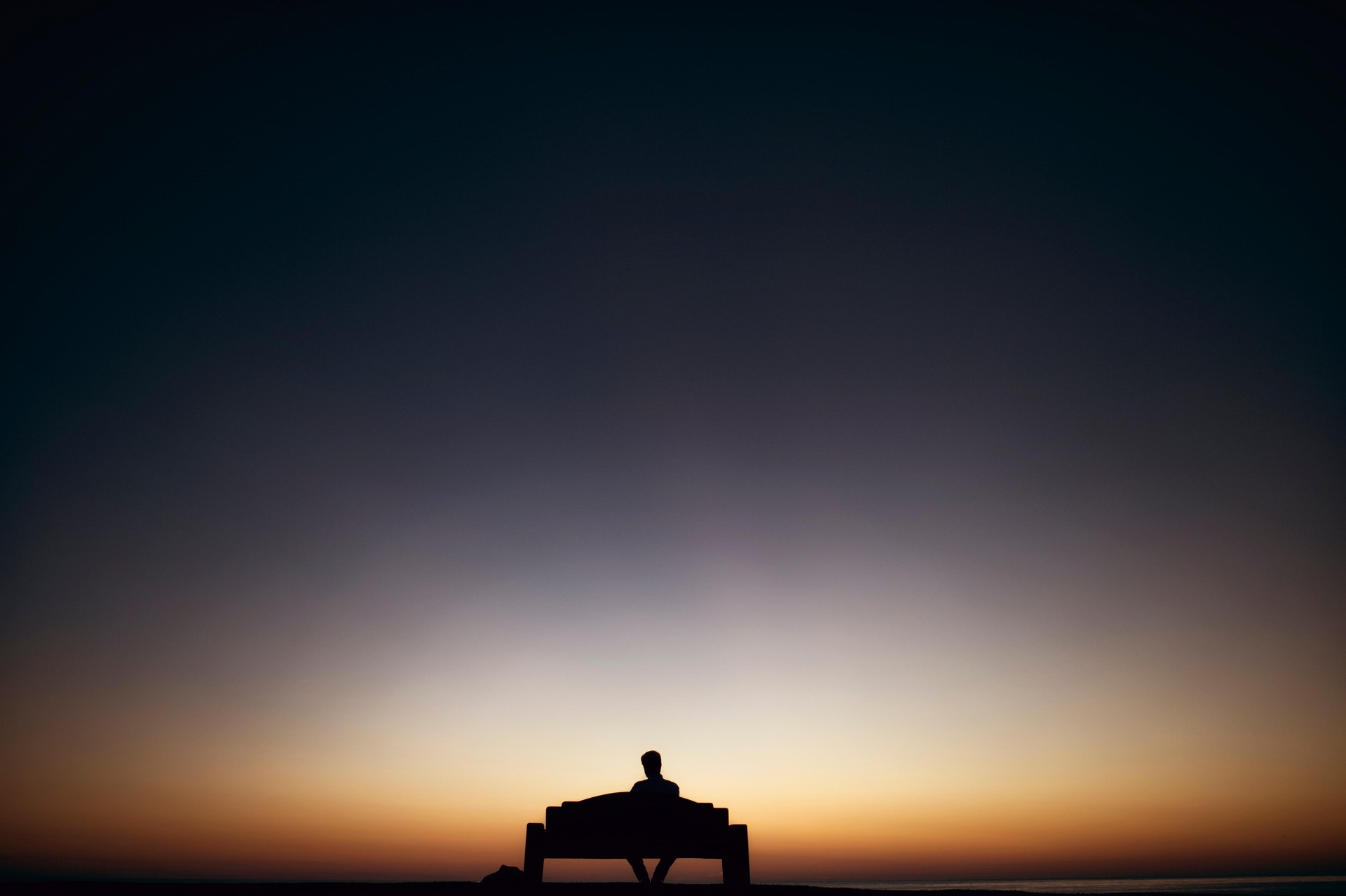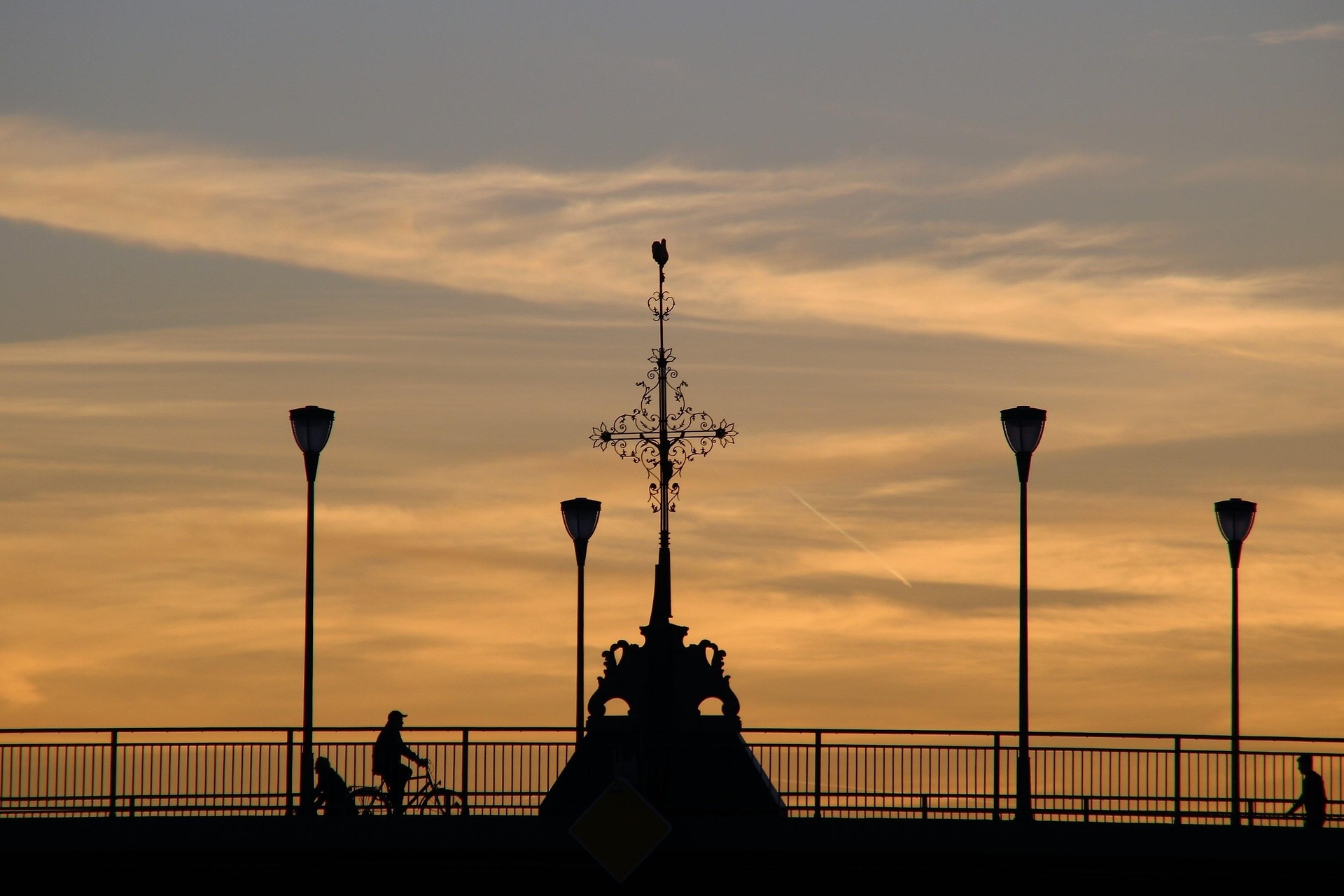Recognizing the mistakes we have made is painful and discouraging—the harm we have done to the beauty of nature which saves us from despair; the cruelty to animals who are our ancestors and our life companions; the neglect or worse of the most poor and vulnerable among us; the harm we have allowed the mega-rich to inflict on themselves and others because we flattered and indulged them instead of calling them to face the reality of our interdependence; [ . . . ] But painful as . . .self-knowledge may be, it will generate hope and open new futures. It is the contemplative’s responsibility to highlight and insist on this hope against the pessimism of the world today. [ . . . .]
Contemplation heals the world, restoring health where brutality, cruelty, greed and egoism have wounded us. The destination is even beyond this, as the mystery of the incarnation reveals to the eye of the heart. Our common destination, our personal destiny is oneness, where we are known because we are known, loved because we are loved and where our work, whatever it may be, is service.
After meditation: “The Mower” by Philip Larkin in THE COMPLETE POEMS OF PHILIP LARKIN (New York: Farrar, Straus and Giroux, 2012), p. 118.
The Mower
The mower stalled, twice; kneeling, I found
A hedgehog jammed up against the blades,
Killed. It had been in the long grass.
I had seen it before, and even fed it, once.
Now I had mauled its unobtrusive world
Unmendably. Burial was no help:
Next morning I got up and it did not.
The first day after a death, the new absence
Is always the same; we should be careful
Of each other, we should be kind
While there is still time.
Image: flowers in Bonnevaux, September 2022





